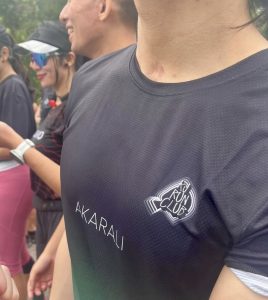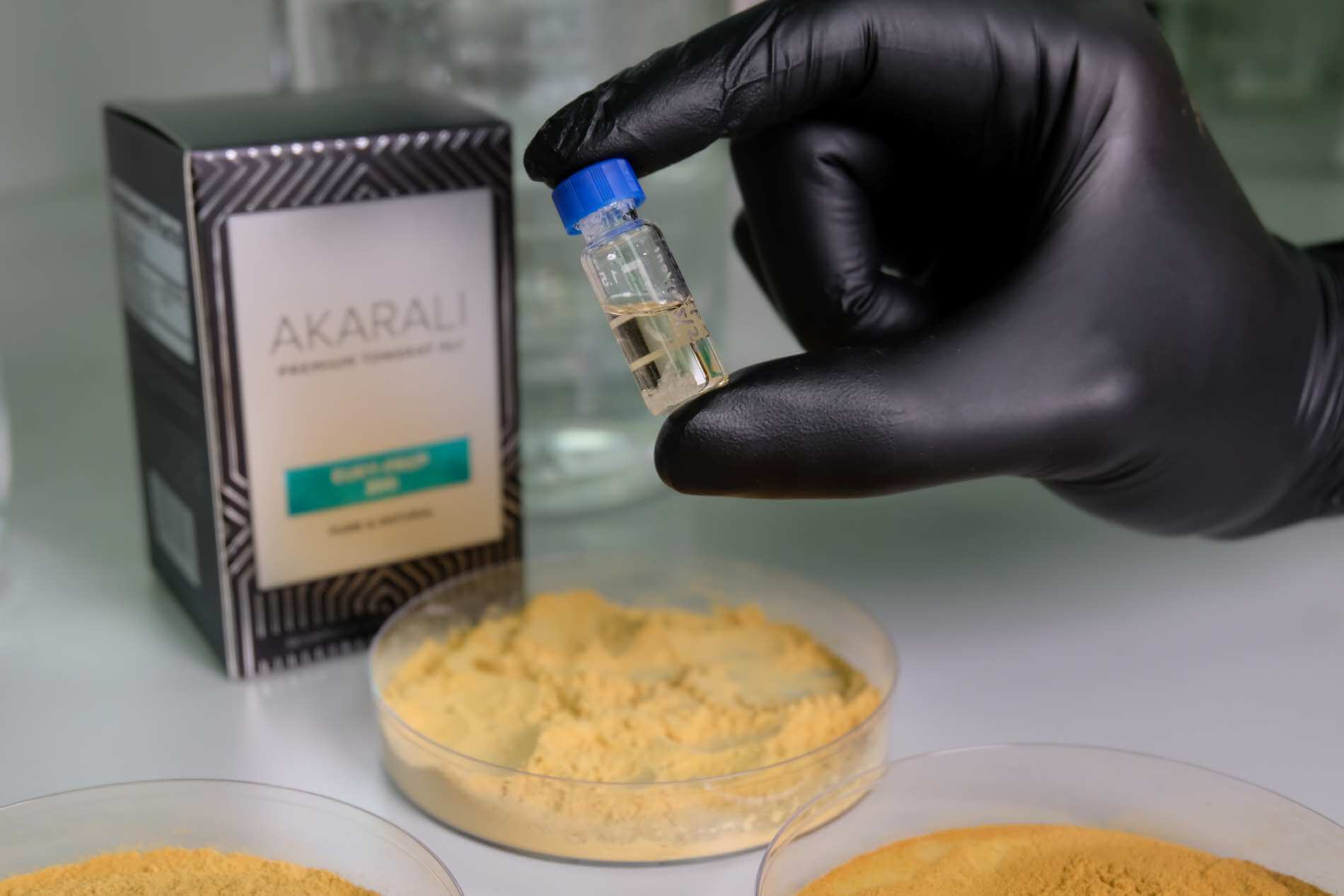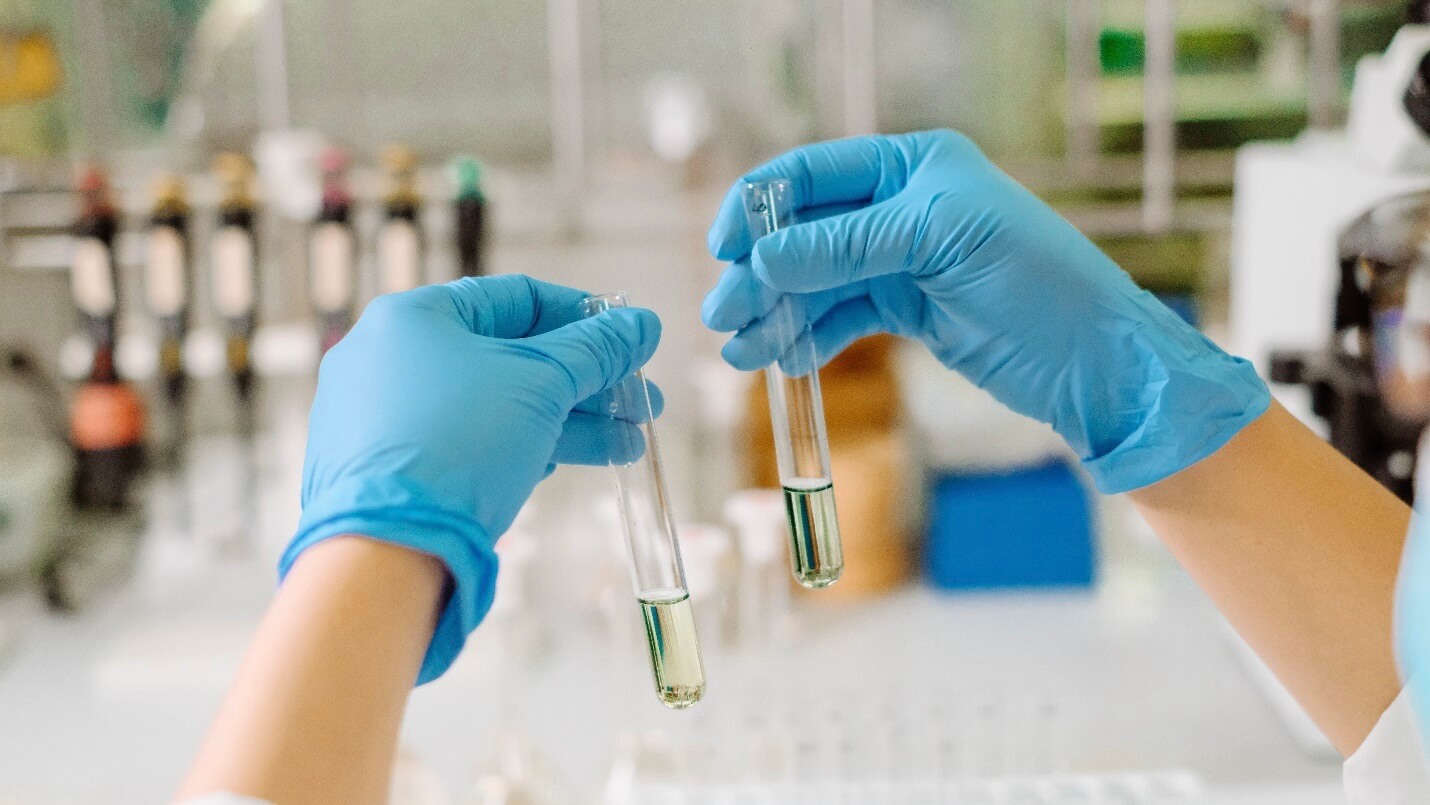

In the quest for optimal health and fitness, many individuals turn to natural supplements to enhance their testosterone levels. Among the most popular testosterone supplement stack consists of Tongkat Ali, Zinc, and Magnesium.
These supplements are known for their positive effects on hormone regulation, muscle growth, and overall well-being.
This article explores the benefits of combining Tongkat Ali with Zinc and Magnesium, while also addressing potential side effects and safety considerations.
Testosterone is a critical hormone for both men and women, playing a key role in muscle development, bone density, and overall vitality. As low testosterone levels can lead to various health issues, including decreased muscle mass, fatigue, and reduced libido, you may be taking a cocktail of testosterone supplements and minerals in the hope that it will boost your testosterone.
Natural testosterone-boosting supplements like Tongkat Ali, Zinc, and Magnesium showed growing evidence when tested on aging men and those experiencing androgen deficiencies. In fact, Tongkat Ali, Zinc and Magnesium are used by bodybuilders to optimize total testosterone levels during or after weight training as part of muscle-building activities.
Our body’s ability to maintain healthy testosterone levels require constant supply of nutrients, vitamins and minerals, more so if you are aging prematurely or during intense training/workouts. This is where natural plant-based ingredients such as Tongkat Ali or food with high zinc and magnesium provides a sustainable solution as part of your daily diet.
Yes you can take Tongkat Ali with a small dose of zinc or magnesium in the hope of achieving higher testosterone, but the question is, should you?
Our team of experts investigates the individual effects of these vitamins, mineral and natural herbs and whether taking Zinc, Magnesium and Tongkat Ali have positive effects on testosterone.

Tongkat Ali (Eurycoma longifolia), is a herbal plant traditionally used in Southeast Asian medicine and growing studies in the last decade showed its ability to boost testosterone levels in healthy adults, particular aging men with androgen deficiency (ADAM).
Tongkat Ali raise testosterone levels by 100 – 200 points
Dr. Andrew Huberman, Huberman Lab
Clinical human studies have shown that Tongkat Ali increases free testosterone levels by enhancing the release of luteinizing hormone (LH) and sex hormone-binding globulin (SHBG).
But will it work in reality?
Tongkat Ali does work to boost testosterone levels across a wide range of adults with the exception of young high-trained athletes who are notably known for having optimal testosterone levels prior to Tongkat Ali supplementation.
Now, luteinizing hormone (LH) stimulates the production of testosterone in the testes, while SHBG regulates the amount of free testosterone available in the bloodstream. By activating these hormones to work more efficiently, this helps optimize testosterone levels, leading to improved energy, libido, and muscle growth.
This pathway makes Tongkat Ali a versatile natural herbal supplement that can be combined with other minerals such as Zinc or Magnesium.
However, the effectiveness of Tongkat Ali on testosterone largely depends on the extract type (eg: standardized extract vs 200:1 extract), purity of Tongkat Ali extract and whether it is 3rd party lab-tested. So it is important to buy quality potent Tongkat Ali that is standardized using hot water extract for higher bioavailability (i.e eurycomanone, eurypeptides, glycosaponin, polysachharides).

Zinc is a vital mineral involved in numerous bodily processes, including protein synthesis and hormone production. It is particularly important for maintaining healthy testosterone levels, and seen as an important nutrient in the prevention and treatment of male infertility.
Research suggests that Zinc supplementation can promote the release of testosterone and support its optimal concentration in the blood helps the lining of reproductive organs and may have a regulative role in the progress of capacitation and acrosome reaction.
Taking Tongkat Ali and Zinc in small doses (less than 50mg) may help to regulate testosterone production better.
A study published in the Journal Nutrition found that Zinc supplementation in zinc-deficient men significantly increased testosterone levels. This mineral also plays a crucial role in supporting immune function, wound healing, and overall metabolic health.
Magnesium is another essential mineral that contributes to hormone regulation and overall well-being. It is known to support the balance of hormones in the body, including testosterone although research is rather limited.
Taking magnesium supplement in small doses together with Tongkat Ali pure root standardized extract may work as magnesium is involved in the pathways of generating adenosine triphosphate (ATP) and energy, electron transport chain and complex subunits, and oxygen detoxification while Tongkat Ali’s eurycomanone is known to activate the luteinizing hormone (LH) to produce more free-usable testosterone in the adrenal and pituitary glands.
Similar to Tongkat Ali, magnesium also helps reduce stress by regulating the release of cortisol, a stress hormone that can negatively impact testosterone levels when chronically elevated. So, adding a small dose of magnesium to your Tongkat Ali in take may improve your mood better.
The addition of Magnesium with Tongkat Ali may help overall testosterone production, but research of the combined effects from poly-herbal formulation is rather limited.
A separate study published in the journal Biological Trace Element Research found that magnesium supplementation positively affected testosterone levels in both sedentary and active individuals. The study suggested that magnesium might enhance free and total testosterone by improving muscle function and reducing oxidative stress.
Our view is that magnesium may act as an enabler to reduce cortisol whilst research on the effects of testosterone require more robust research.

Instead of taking Zinc and Magnesium separately, many fitness enthusiasts and athletes opt for ZMA (Zinc Monomethionine Aspartate), a supplement that combines Zinc Aspartate, Magnesium Aspartate, and Vitamin B6.
It is believed ZMA supplement increase testosterone, but most human clinical studies showed otherwise, with 7 out of 10 studies showed that ZMA did not improve testosterone levels.
Despite its mixed results, ZMA is widely used to support muscle-building efforts and this may be taken together with Tongkat Ali to enhance testosterone production, elevate better protein synthesis and efficient fat burn. The Vitamin B6 found in most ZMA supplements helps to convert stored energy into a usable form, supporting overall metabolic function and hormone regulation.
While Tongkat Ali, Zinc, and Magnesium offer numerous benefits, it is important to be aware of potential side effects and safety considerations, particularly concerning dosage and long-term use when combining Tongkat Ali and Zinc or with Magnesium.
Tongkat Ali is generally considered safe when taken at recommended dosages. However, excessive intake can lead to common but minor side effects such as insomnia, irritability, and restlessness. Some studies have also raised concerns about potential liver toxicity with long-term, high-dose use of Tongkat Ali. It is crucial to follow recommended dosages and consult with a healthcare professional before starting supplementation .
Zinc is safe when taken within the recommended daily allowance. However, excessive Zinc intake can lead to adverse effects such as nausea, vomiting, diarrhea, stomach cramps, blood cotting and other side effects.
Chronic high-dose Zinc supplementation can interfere with the absorption of other essential minerals like copper, potentially leading to deficiencies and related health issues.
Maintaining a balanced intake of Zinc is essential for avoiding these complications and always take low dose of zinc below 50mg if you are taking it as a daily supplement.
Magnesium is well-tolerated in moderate doses but can cause digestive issues such as diarrhea and stomach cramps when taken in excess.
High doses of Magnesium supplements can also lead to more severe side effects like irregular heartbeat, low blood pressure, and confusion. As with any supplement, it is important to adhere to recommended dosages and consult with a healthcare professional if you have any pre-existing health conditions.
Combining Tongkat Ali with Zinc and Magnesium may be a powerful health stack for naturally boosting testosterone levels. Whilst taking Tongkat Ali without zinc may work too, zinc-deficient adults may find adding zinc supplementation or ZMA could add to the added strength, energy and may enhance serum testosterone production over long term.
These supplements work synergistically to enhance hormone regulation, muscle growth, libido and overall well-being. However, it is essential to follow recommended dosages and consult with a healthcare professional to avoid potential side effects and ensure safe, effective use.
By incorporating these supplements into a balanced diet and regular exercise regimen, individuals can support their health and fitness goals, ultimately leading to improved vitality and performance.
References
Rehman, S. U., Choe, K., & Yoo, H. H. (2016). Review on a traditional herbal medicine, Eurycoma longifolia Jack (Tongkat Ali): Its traditional uses, chemistry, evidence-based pharmacology and toxicology. Molecules, 21(3), 331.
Ismail, S. B., Wan Mohammad, W. M. Z., George, A., Nik Hussain, N. H., & Musthapa Kamal, W. Z. (2012). Randomized clinical trial on the use of Eurycoma longifolia (Tongkat Ali) for the improvement of quality of life and sexual well-being in men. Evidence-Based Complementary and Alternative Medicine, 2012.
Prasad, A. S. (1993). Zinc and infertility. Archives of Andrology, 30(1), 83-98.
Cinar, V., Polat, Y., Baltaci, A. K., & Mogulkoc, R. (2011). Effects of magnesium supplementation on testosterone levels of athletes and sedentary subjects at rest and after exhaustion. Biological Trace Element Research, 140(1), 18-23.
Talbott, S. M., Talbott, J. A., George, A., & Pugh, M. (2013). Effect of Tongkat Ali on stress hormones and psychological mood state in moderately stressed subjects. Journal of the International Society of Sports Nutrition, 10(1), 28.
Fosmire, G. J. (1990). Zinc toxicity. The American Journal of Clinical Nutrition, 51(2), 225-227.
Rude, R. K., & Shils, M. E. (2006). Magnesium. In Modern nutrition in health and disease (pp. 223-247).

Alex Kua leads AKARALI’s Global Partnership Community to help athletes, sports communities, and thousand of others optimize their well-being through evidence-based research that enables them to make better informed decisions. His legal and business consulting background underpins the rigorous data-driven approach in his writing – from hours of interviews, real-world performance data, and firsthand experiences of real people – offering actionable insights that connects clinical research, emerging health trends, and real-world applications. He is also an experienced researcher in herbal nutrition, with years of deep technical knowledge on Tongkat Ali (Eurycoma longifolia), including quality standards, industry benchmarks, lab tests, clinical trials, and the use of natural herbs by collaborating with top scientists, herbal experts, and nutritionists. As part of the core team behind AKARALI’s knowledge portal, he empowers people worldwide to access the benefits of high-quality herbal nutrition in a way that is effective, sustainable, and safe. He is also an avid runner, with regular participation in local sports communities and running events.
Our articles are third party reviewed by our panel of experts and medical advisors to ensure the facts are accurate and credible. These are validated against multiple source references which include but not limited to research studies, peer-reviewed journals, pre-clinical studies, clinical tests and other credible publications.
Our panel of medical advisors and experts are highly experienced in their individual fields. However, they do not provide any medical advice or recommendations arising from content published in this article.
Disclaimer:
The content published on this website is for educational purposes and should not be viewed, read, or seen as a prescription or constitute any form of medical advice. We recommend you consult your nearest GP or doctors before consuming Tongkat Ali or any products which contain Tongkat Ali. For further information, kindly refer to our Frequently Asked Questions (FAQ) for more information.